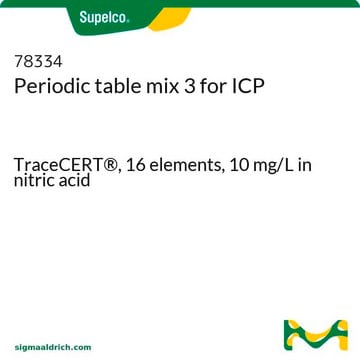205524
Lithium metaborate
99.9% trace metals basis
Synonym(s):
Boric acid lithium salt
About This Item
Recommended Products
Assay
99.9% trace metals basis
form
powder
technique(s)
FTIR: suitable
impurities
≤1500 ppm Trace Metal Analysis
mp
845 °C (lit.)
SMILES string
[Li+].[O-]B=O
InChI
1S/BO2.Li/c2-1-3;/q-1;+1
InChI key
HZRMTWQRDMYLNW-UHFFFAOYSA-N
Looking for similar products? Visit Product Comparison Guide
Related Categories
General description
Application
LMB melt can be used in the synthesis of low-density γ-Al2O3 from high-density α-Al2O3 under high pressure.
LMB can be employed as a protective coating layer for lithium-ion battery cathode materials due to its chemical inertness in organic electrolytes.
Signal Word
Danger
Hazard Statements
Precautionary Statements
Hazard Classifications
Acute Tox. 4 Oral - Eye Dam. 1 - Repr. 2
Storage Class Code
13 - Non Combustible Solids
WGK
WGK 1
Flash Point(F)
Not applicable
Flash Point(C)
Not applicable
Personal Protective Equipment
Certificates of Analysis (COA)
Search for Certificates of Analysis (COA) by entering the products Lot/Batch Number. Lot and Batch Numbers can be found on a product’s label following the words ‘Lot’ or ‘Batch’.
Already Own This Product?
Find documentation for the products that you have recently purchased in the Document Library.
Customers Also Viewed
Our team of scientists has experience in all areas of research including Life Science, Material Science, Chemical Synthesis, Chromatography, Analytical and many others.
Contact Technical Service











